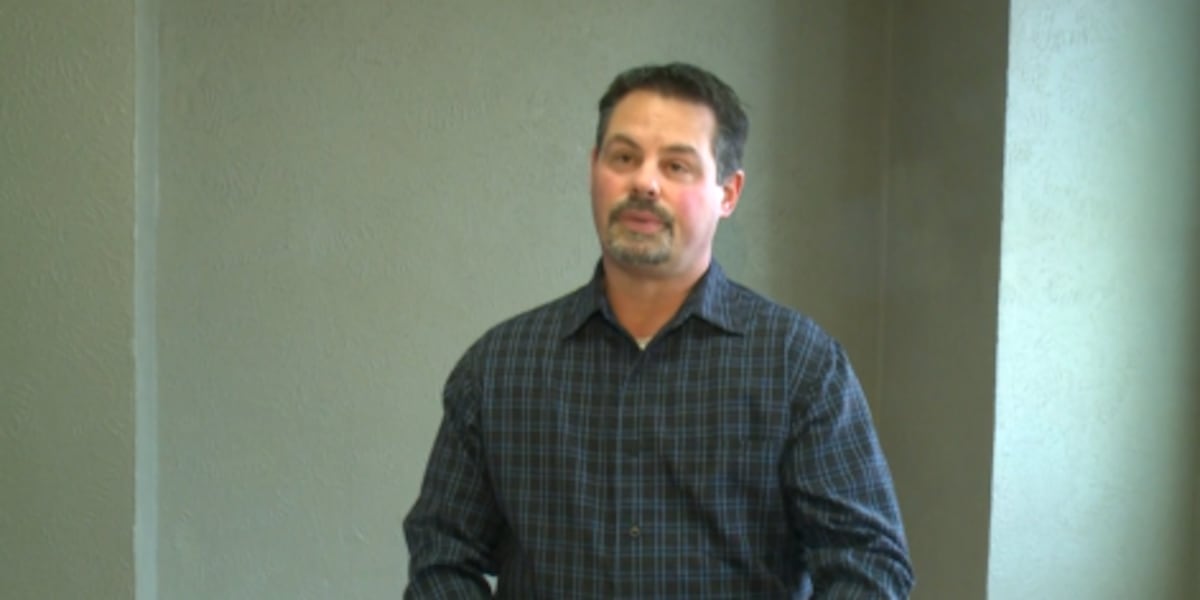Trust Betrayed: Local Faith-Based Rehabilitation Leader Accused of Donor Fraud

In a shocking turn of events, charity founder Michael Ostrosky stands accused of betraying donors' trust by systematically misappropriating funds from The Lazarus Experience. Legal documents reveal a pattern of deceit, alleging that Ostrosky brazenly diverted charitable donations for his personal financial gain.
The indictments paint a damning picture of financial misconduct, suggesting that instead of supporting the charity's noble mission, Ostrosky was secretly siphoning off donor contributions to line his own pockets. Investigators have uncovered evidence indicating that the funds intended to help others were instead used to fund a lifestyle of personal luxury.
This alleged breach of trust not only undermines the integrity of The Lazarus Experience but also potentially damages the reputation of charitable organizations that rely on public goodwill and transparent financial practices. Donors who generously contributed, believing they were supporting a meaningful cause, now find themselves victims of what prosecutors describe as a calculated and deliberate fraud.
As the legal proceedings unfold, the case serves as a stark reminder of the importance of accountability and ethical stewardship in charitable organizations.
